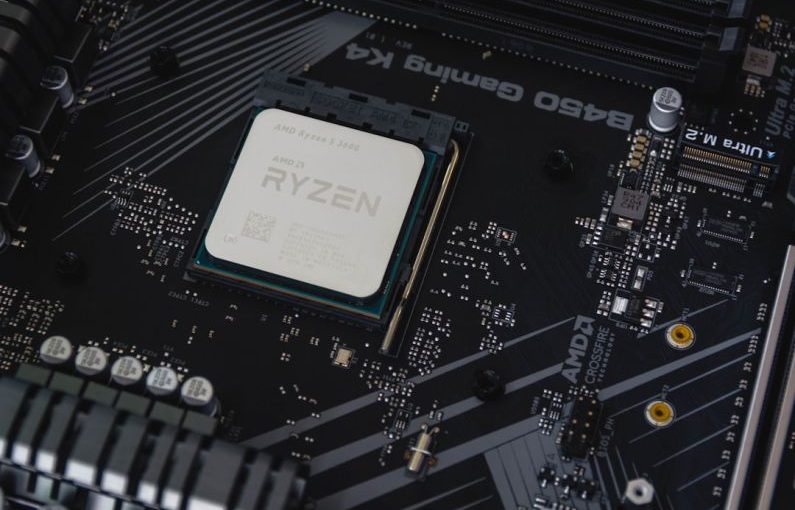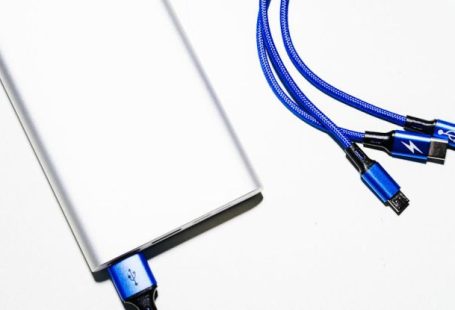Quantum computing has been a rapidly advancing field in recent years, with the potential to revolutionize various industries and technologies. One area where quantum computing is expected to have a significant impact is in the realm of micro PCs. These compact devices, known for their portability and convenience, could see a major transformation with the integration of quantum computing capabilities. In this article, we will explore the implications of quantum computing on micro PCs and how this technology could shape the future of computing.
**Enhanced Processing Power**
One of the most significant ways quantum computing can impact micro PCs is through enhanced processing power. Traditional computers rely on bits to process and store information, with each bit representing either a 0 or a 1. In contrast, quantum computers use quantum bits or qubits, which can exist in multiple states simultaneously due to the principles of quantum mechanics. This allows quantum computers to perform complex calculations at speeds that far surpass conventional computers.
By integrating quantum computing technology into micro PCs, these devices could experience a substantial boost in processing power. Tasks that would have taken hours or even days to complete on a traditional micro PC could be executed in a fraction of the time with a quantum-enabled micro PC. This enhanced processing power opens up a world of possibilities for users, from running advanced simulations to processing large datasets with ease.
**Improved Security**
Another area where quantum computing can make a significant impact on micro PCs is in the realm of cybersecurity. Quantum computers have the potential to break traditional encryption methods that are used to secure data on computers and networks. This presents a significant challenge for cybersecurity experts, as current encryption standards may no longer be sufficient to protect sensitive information.
However, quantum computing also offers a solution to this problem. Quantum encryption methods, such as quantum key distribution, leverage the principles of quantum mechanics to create secure communication channels that are virtually unhackable. By incorporating quantum encryption technologies into micro PCs, users can enjoy enhanced security and privacy for their data and communications.
**Optimized Machine Learning**
Machine learning and artificial intelligence are becoming increasingly prevalent in various applications, from predictive analytics to voice recognition. Quantum computing has the potential to revolutionize machine learning algorithms by enabling faster training and more accurate predictions. By leveraging the power of quantum computing, micro PCs can optimize machine learning processes and enhance the capabilities of AI-powered applications.
**Challenges and Considerations**
While the potential benefits of integrating quantum computing into micro PCs are significant, there are also challenges and considerations that need to be addressed. Quantum computing technology is still in its early stages of development, and there are many technical hurdles that need to be overcome before it can be effectively integrated into micro PCs.
Additionally, the cost of quantum computing technology remains high, making it inaccessible to many consumers and businesses. As quantum computing continues to evolve and mature, it is likely that the cost will decrease, making it more feasible for widespread adoption.
**Looking Ahead**
As quantum computing technology advances and becomes more accessible, the impact on micro PCs is expected to be profound. From enhanced processing power to improved security and optimized machine learning, quantum computing has the potential to revolutionize the way we interact with micro PCs. By staying informed about the latest developments in quantum computing, users can prepare for a future where micro PCs are faster, more secure, and more capable than ever before.





